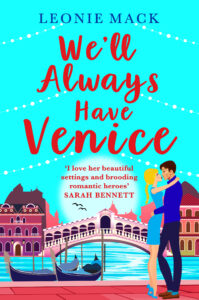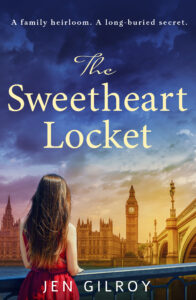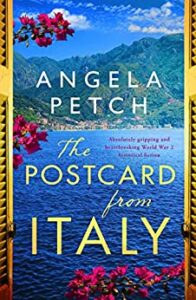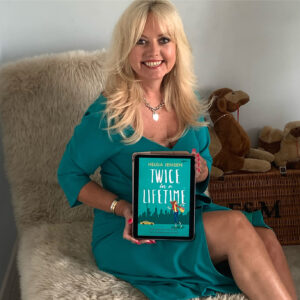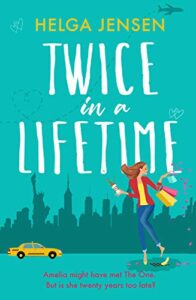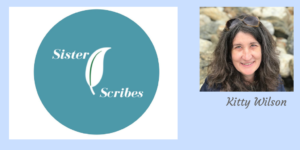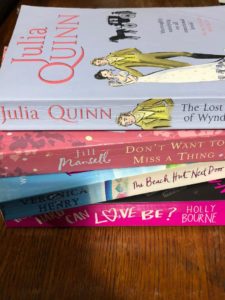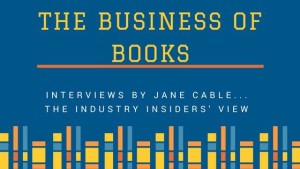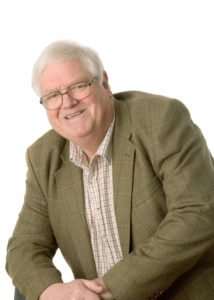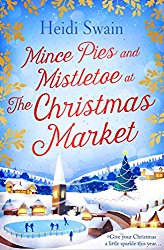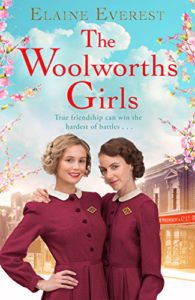As the saying goes, this is the first Sue Moorcroft book I have read, but it won’t be the last. On the face of it, Summer at the French Café is a happy ever after holiday read, but actually the book is far more.
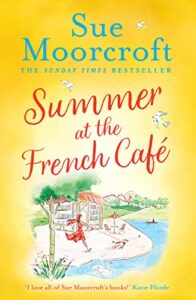 So, what makes it stand out? The sense of place, certainly, and I love that. As I read I could actually see every place the author described; Parc Lemmel, the bookshop café at the story’s heart, the local villages… and without a single sentence of overblown description. All I needed to know was dropped seamlessly into the narrative in an exceptionally skilful way.
So, what makes it stand out? The sense of place, certainly, and I love that. As I read I could actually see every place the author described; Parc Lemmel, the bookshop café at the story’s heart, the local villages… and without a single sentence of overblown description. All I needed to know was dropped seamlessly into the narrative in an exceptionally skilful way.
But more than the quality of the writing, I love the fact there is a very serious issue at the heart of the book, one that isn’t squashed or skimmed over in the search for a happy ending, one that is dealt with in a sensitive and realistic manner. That issue is emotional control; how it can be used in relationships, the reasons people accept it, and the dangerous patterns that mean it can echo across generations and years.
I asked Sue Moorcroft why she decided to tackle this insidious form of coercion…
“I’m interested in human behaviour, so when I read about control within relationships, I wanted to write about it. It provided the perfect secret behind central character Noah giving up his life in Dordogne and moving across France to Alsace. I write love stories, so the mystery had to be nuanced rather than a simple jeopardy.
I remembered someone who, when she lost her husband, refurnished and redecorated her home. I’d never come across that reaction to widowhood. She explained, ‘He liked to be the one to choose. But now I can.’ To me, this put their relationship in a whole new light. When we’d invited her out and she’d said, ‘I’ll have to check,’ had she meant with her diary? Or with her husband? When we’d picked her up, he escorted her to the car and looked inside to say, ‘Good evening’. How old-fashioned and courtly, I’d thought. But was he checking she was going out with who she’d said she was? If so, did this behaviour make her feel cherished?
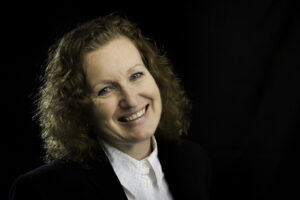 Or did she resent it and feel controlled?
Or did she resent it and feel controlled?
She also once mentioned that she’d married young and that her (by then deceased) dad had been a similar man to her husband…
I’ll never know if I jumped to conclusions, but my suspicions informed the background I gave Noah’s ex, Florine. When Florine’s controlling father died, she felt adrift. Attentive Yohan came along, telling her what she looked best in what he liked so that she could like it too, and she felt secure again. But leaving Noah for Yohan pitched her into a very different relationship.
The interesting thing about control, and which provided the nuances I was after, is that it doesn’t have to involve a traditional bully. Yohan doesn’t hit Florine or her daughter Clémence – he loves them. In fact, he almost suffocates them with his love, wanting constant knowledge of where they are or to have them with him, using his anxieties over them to cut them off from others, so he can bask in their undivided attention. His behaviour stems from his own insecurity and immaturity. Mix in a little self-importance and selfishness, and you have a controlling man. Yohan isn’t a main character, which means that Summer at the French Café is not his story – but the plot around Noah won’t work without him.”
Jane Cable



